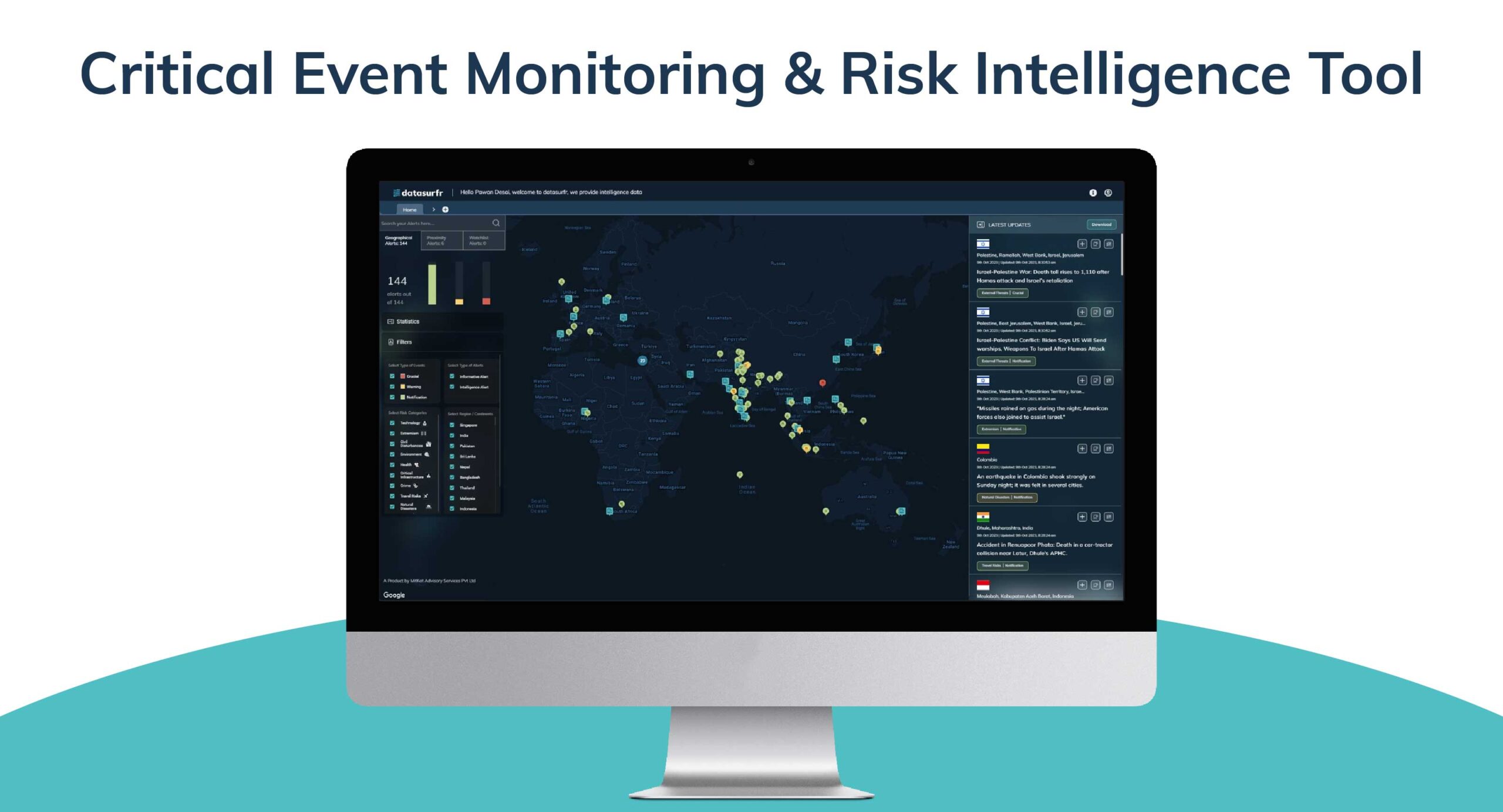Locations affected: United States
What:
Tropical Storm Debby strengthened into a Category 01 hurricane (maximum sustained winds of 75 miles per hour) as it approached Florida, expected to make landfall in the Big Bend region early 05 August.
Why:
Hurricane Debby is the fourth named storm of the 2024 Atlantic hurricane season, following Tropical Storm Alberto, Hurricane Beryl, and Tropical Storm Chris, which formed in June. The Atlantic hurricane season usually occurs from 01 June to 30 November.
So What:
- Florida Governor Ron DeSantis has declared a state of emergency for over 60 Florida counties, emphasizing that even those not in the eye of the storm are anticipated to experience major effects. As of around 0430 hours local time on 05 August, more than 120,000 homes and businesses in Florida were without power due to hurricane-force winds.
- As the storm neared landfall, its eyewall moved onshore toward the Big Bend, with winds at up to 80 miles per hour.
- Governors in Georgia and South Carolina also declared states of emergency in preparation for the storm’s impact.
- Emergency preparations have been extensive, with utility crews ready to restore power, sandbags distributed in Tampa, and stormwater drains cleared.
- There are concernsabout flooding in low-lying coastal areas like Savannah, Hilton Head, and Charleston. A tornado watch was also in effect for parts of Florida and Georgia around 0430 hours local time on 05 August.
- Emergency managers in New England and New York are reportedly monitoring the storm’s path for potential remnants affecting their states.

Source: https://www.wpc.ncep.noaa.gov/#page=ovw
Outlook:
The storm is expected to cause a potentially life-threatening storm surge of up to 10 feet along Florida’s Gulf Coast, while the southeast US could see historic levels of rainfall through 09 August. According to the National Weather Service, some areas of Georgia and South Carolina could receive up to 30 inches of rain, while Florida could see up to 18 inches of precipitation. Debby is expected to travel across Florida, moving through southern Georgia on 06 August and impacting South Carolina from 07 August through 09 August before calming. The severe weather can lead to damage to property and infrastructure. Damage to utility lines can result in disruptions in power supply and communications. Travel disruptions can be expected due to inundation and gusty winds. Organizations are advised to remain abreast of the situation and follow the advisories issued by the authorities. Alerts and updates regarding the hurricane can be found on the official website of the National Weather Service (https://www.weather.gov/).






